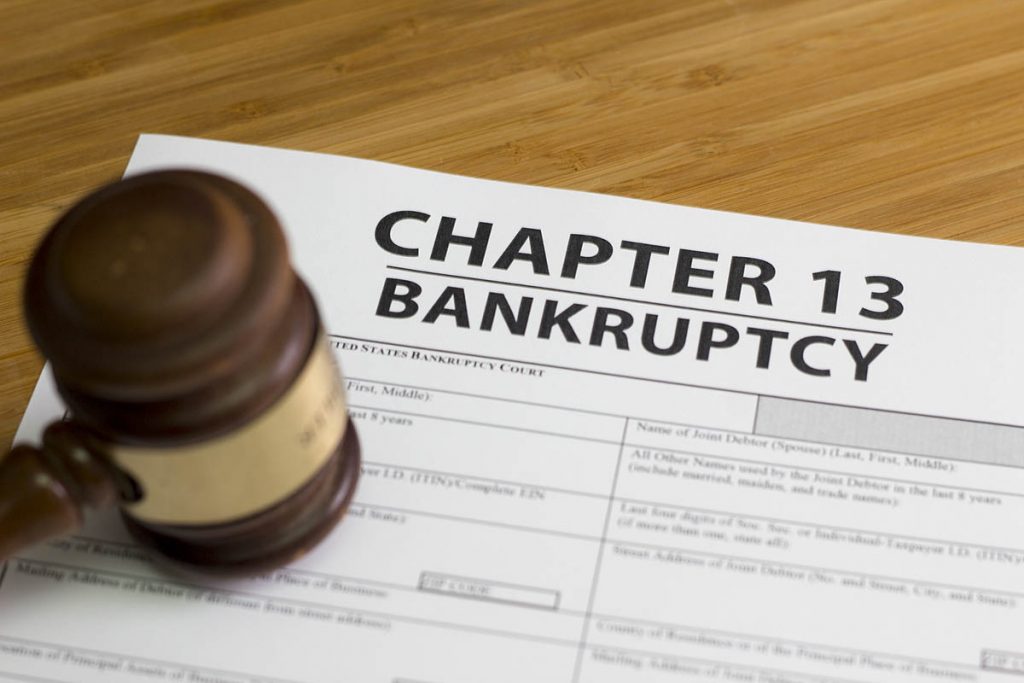When Can You Be Fired Because of Wage Garnishments in Colorado?
Colorado law protects you from being fired simply because you have wage garnishments. There is never a time when an employer in the state can fire someone simply because they have one or multiple wage garnishments.
This doesn’t protect you from being fired at all if you have wage garnishments. Your employer can still fire you for other things, including lack of performance or behavior that doesn’t meet the expectations laid out in an employee handbook.
How Does Federal Law Protect People From Being Fired Due to Wage Garnishments?
Federal law also provides some protection against being fired because you have wage garnishments. Colorado’s law actually provides more protection than the federal law.
The federal law only provides protection for garnishments related to one debt. That means under federal law, an employer can’t fire you for garnishments (no matter how many) related to one debt. However, if you have multiple debts that end up at this stage, the federal law doesn’t protect you.
Why Would an Employer Want to Fire You for Wage Garnishments?
You might think that your personal finances aren’t your employer’s business, and in many cases, that’s true. However, if your debts have reached the point that creditors are getting orders for wage garnishments, suddenly, your employer is involved. That involves work and effort for them, and they might not like that.
Here are a few reasons employers may be unhappy dealing with one or more garnishments:
- Wage garnishments might make you look financially irresponsible to your employer, and that can make them see you as a risk to the company.
- The administrative burden associated with handling garnishment orders can be time-consuming and complex. Employers may not want to deal with them or have the staff or resources to deal with them.
- If an employer fails to comply with a wage garnishment order, they may be held legally liable. Employers may not want this risk.
Which Types of Debt Are Subject to Wage Garnishment in Colorado?
In Colorado, various types of debt can be subject to wage garnishment. They include, but aren’t limited to::
- Unpaid taxes: The state of Colorado can garnish an employee’s wages to collect unpaid taxes.
- Child support and alimony: If someone falls behind on child support or alimony payments, the other parent or spouse can seek a wage garnishment order for past-due amounts as well as payment amounts going forward.
- Court-ordered judgments: If a creditor, such as a bank or credit card company, obtains a court-ordered judgment against an employee for an unpaid debt, they may seek a wage garnishment order to collect the debt.
- Student loans: In some cases, the federal government can garnish an employee’s wages to collect unpaid student loans.
Note that creditors of consumer debts can’t garnish without a court order. If you don’t pay your credit card bill or personal loan payments, for example, the creditor can’t simply go to your employer for the money. They must first file a lawsuit against you and win that lawsuit. Then, they must file a motion for a wage garnishment order. Only when the judge grants that order can the creditor follow through with the wage garnishment. This is not true for unpaid taxes; the government doesn’t require a court order in this case.
How Much of Your Wages Can Be Garnished in Colorado?
Wage garnishments can be scary. You may worry that you won’t be left with enough money to pay your bills or feed your family. Colorado law does offer some protections for this too, including a limit to how much of your wages creditors can garnish.
Creditors can only take 20% of your disposable earnings for a week or any portion of your disposable earnings that is above 40 times the state or federal minimum wage. When calculating the limit of a garnishment, the lesser of those two figures is the one that is used.
Does Bankruptcy Stop a Wage Garnishment?
Yes, bankruptcy offers protection against wage garnishment. This is because filing a Chapter 13 or a Chapter 7 bankruptcy causes an automatic stay to go into effect. This is like a freeze on all collection efforts. In effect, the automatic stay says “Hold on, creditors, a bankruptcy petition has been filed and you need to halt all efforts to collect this debt and allow the bankruptcy process to occur.”
The automatic stay is in effect until the bankruptcy is discharged or dismissed. If the debt in question was included in the bankruptcy and subsequent discharge, then the creditor cannot continue with the wage garnishment process after the fact. The debt would have been handled within the bankruptcy process.
Note that this information is relevant to consumer credit debts. Child support and other non-dischargeable debts are treated differently, and you should consult with a bankruptcy attorney to understand how your various obligations may impact your bankruptcy.
You also have some other options in dealing with a wage garnishment. You might try to qualify for an exemption or demonstrate to the court that you need more of your paycheck to cover your day-to-day expenses.
If you are struggling with debt and aren’t sure how you can make ends meet, consider contacting the Holland Law Office today. Our team can help you understand your options and work to file a bankruptcy petition quickly if you need the protection of the automatic stay.










